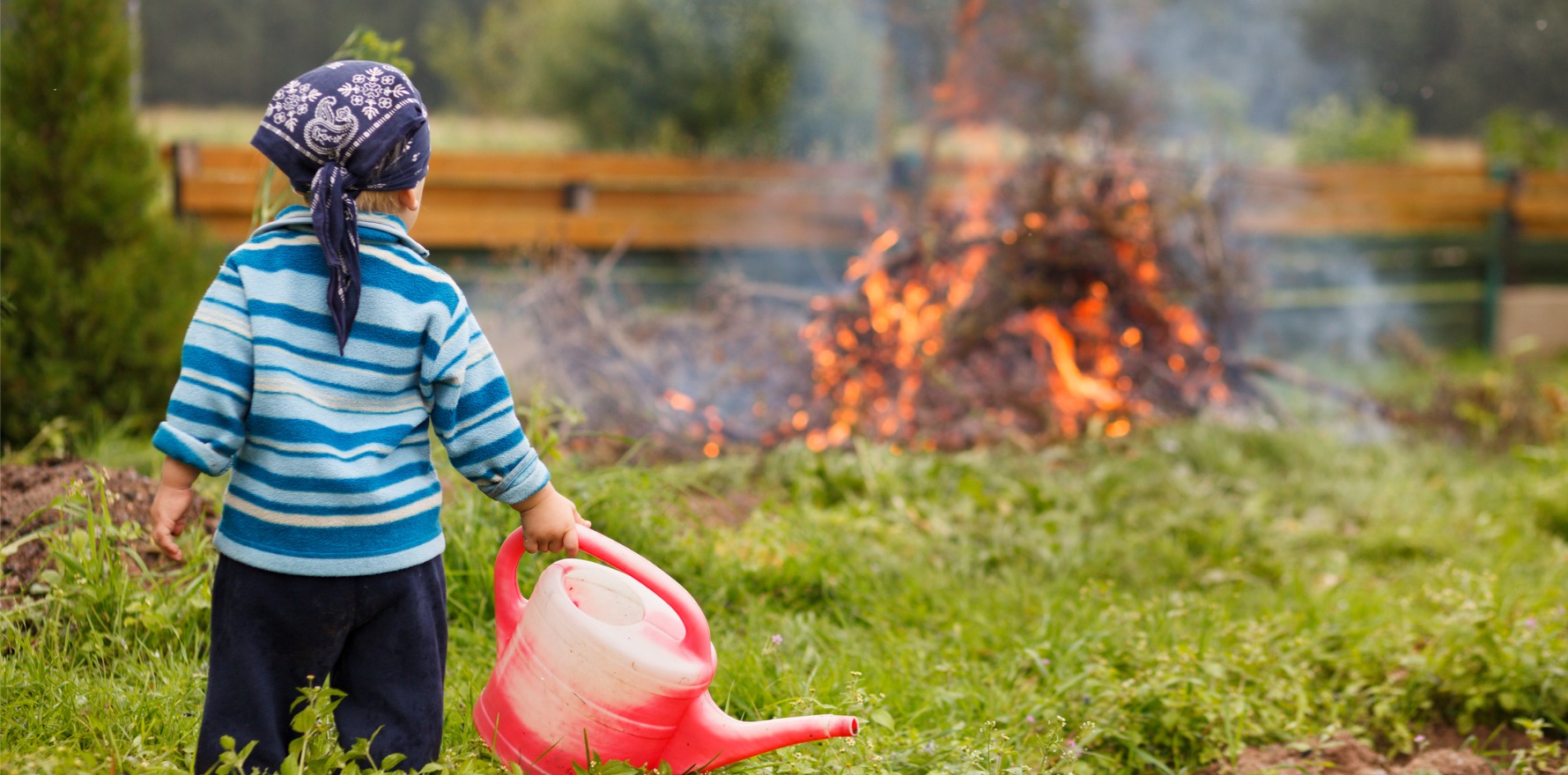An Australian expert says PPIs should only be used with clear clinical indications.
A large French study has confirmed the association between PPI use and serious infections in children.
And an Australian expert has urged clinicians to resist routine and long-term use of PPIs for infants and children without clear clinical indications.
The French nationwide cohort study, published in JAMA Paediatrics, found PPI exposure was associated with 34% higher risk of serious infections overall. Increased risks were also observed for infections in the digestive tract, ear, nose, and throat sphere, lower respiratory tract, kidneys or urinary tract and nervous system, and for both bacterial and viral infections.
The study population included all children born in the last two decades who received a treatment for gastroesophageal reflux disease or other gastric acid–related disorders, namely PPIs, histamine 2 receptor antagonists or antacids/alginate. Around half of the 1.26 million children studied received PPIs.
“This is an excellent paper, impressive work, and it’s consistent with what we already knew about the risks of PPI overuse,” said paediatric gastroenterologist Associate Professor Avi Lemberg, at the University of NSW.
“Some babies are given acid suppression when they don’t need it because the babies are irritable … and it is put down to reflux being the problem.”
“As per current guidelines, if you have an irritable baby, try simple, conservative measures first. If they don’t work, give a trial of cow’s milk protein-free/soy protein free diet, whether the mother goes on a diet if they’re breastfeeding, or if they’re on a formula a hydrolysed formula, rather than going straight to PPIs.”
Professor Lemberg, who is also a senior staff specialist at Sydney Children’s Hospital, told The Medical Republic that if a clinician suspected reflux in children over the age of two years, PPIs should be given for a six to 12-week trial and then stopped. If patients have ongoing symptoms after that time, a referral to a paediatric gastroenterologist for consideration of further investigation, such as an endoscopy, should be the next step.
Over the study period, 152,000 children were newly diagnosed with a serious infection, an incidence rate of 2.99 per 100 person-years.
The risks were higher among children formerly exposed to PPIs, although less markedly than for those who had ongoing exposure.
“Our findings suggest that PPI exposure increases the risk of serious infections in both children with and without a history of severe prematurity or chronic illness,” the authors wrote.
“This raises particular concerns for children with chronic conditions such as neurological impairment, who are especially likely to require long-term maintenance treatment with PPIs.
“Moreover, the increased risk of serious infections, although gradually decreasing after PPI discontinuation, persisted during several months among past PPI users.”
PPIs effectively reduced gastric acid secretion and are one of the main treatments for gastroesophageal reflux disease (GERD), the authors wrote.
“In infants, GERD may be difficult to distinguish from uncomplicated gastroesophageal reflux, a physiological process involving spitting up, that affects up to 60% to 70% of infants at age three to four months and resolves spontaneously with standing and walking by 12 months,” they wrote.
“Uncomplicated gastroesophageal reflux does not require PPI treatment.”
PPI use is growing among young children in most high-income countries. In France, 6.1% of children younger than two years used PPIs, up from 3.6% a decade earlier. In the first year of life, PPI use more than doubled over a decade in New Zealand, while prescription rates rose three- to five-fold in the last two decades in Sweden, Norway and Denmark.
Professor Lemberg said there were patients for whom the use of PPIs was clinically appropriate, but they should not be the first and only treatment for all patients.
“If you’ve got reflux oesophagitis and you’ve got significant oesophagitis, then you’re at risk of developing Barrett’s and possibly oesophageal cancer down the road,” Professor Lemberg said.
“[For those patients] the small risk of infection and of fracture is much less concerning than getting oesophageal cancer. You don’t want to stop people being on PPIs at all – they’re important in their long-term cancer prevention.
“You don’t want to throw the baby out with the bathwater because you need this stuff. It’s just that using it for every single person who’s got garden variety reflux is a problem. There are other things to try without going straight to acid suppression.”





